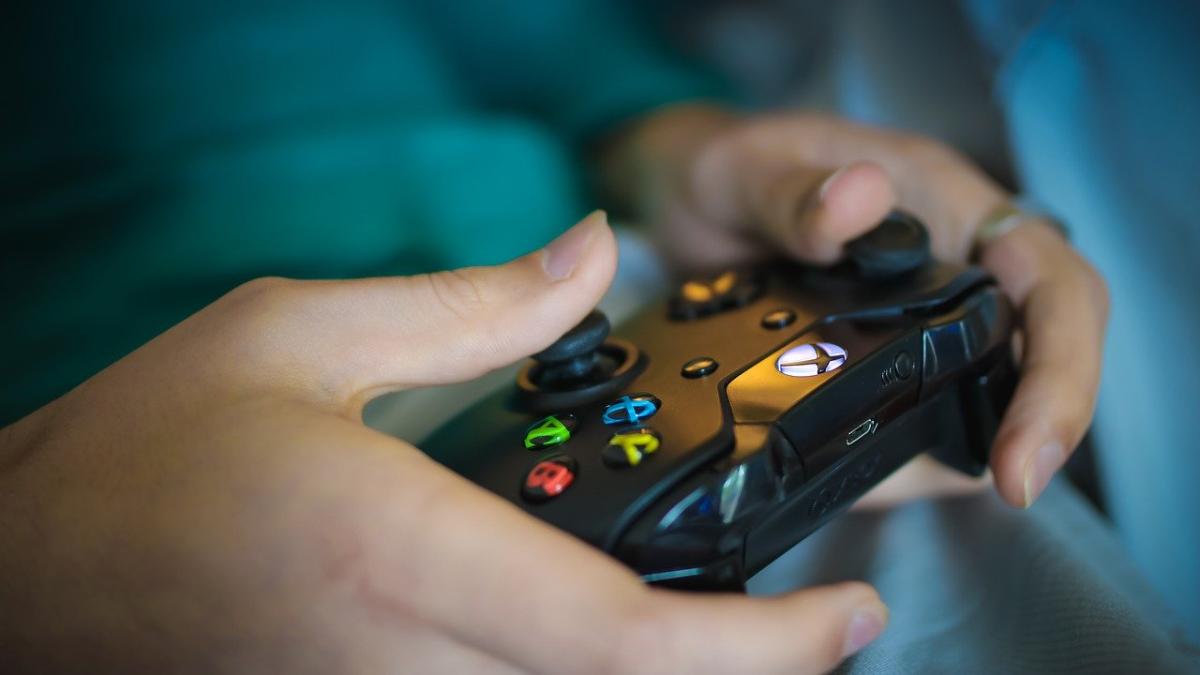In a world where screens dominate our lives, gaming often finds itself under scrutiny. However, the narrative around gaming is evolving, shedding light on its significant role in education. While the idea of play and learning might seem contradictory, gaming has emerged as a powerful tool that engages https://gohelpfund.com/, educates, and cultivates essential skills in individuals of all ages.
The Evolution of Gaming in Education
Gone are the days when gaming was merely a form of entertainment. Today, it has transcended its recreational boundaries and found a place within educational settings. Educational games, designed with specific learning objectives in mind, have become increasingly popular. These games merge fun and learning, creating an environment where players actively participate in the learning process.
Engaging and Immersive Learning Environments
What sets gaming apart as an educational tool is its ability to create immersive environments. Through simulations, role-playing scenarios, and problem-solving challenges, games foster active participation. This engagement enhances motivation and retention, allowing learners to absorb information more effectively than through traditional methods.
Cultivating Skills Beyond Academia
Beyond imparting subject-specific knowledge, gaming nurtures a range of skills crucial for success in the 21st century. Collaboration, critical thinking, decision-making, and adaptability are among the many skills that gamers develop. Multiplayer games, in particular, encourage teamwork and communication, fostering social skills and empathy.
Accessibility and Personalized Learning
The accessibility of gaming platforms makes them an inclusive educational tool. With various devices and platforms available, games can reach a wide audience, regardless of geographical location or economic status. Additionally, the adaptability of gaming allows for personalized learning experiences, catering to individual learning styles and pacing.
Overcoming Challenges and Misconceptions
Despite its numerous benefits, integrating gaming into education faces challenges and misconceptions. Concerns about excessive screen time, potential addiction, and the idea that gaming is merely a frivolous activity persist. However, with responsible implementation and guidance, these challenges can be mitigated.
Success Stories and Future Prospects
Numerous success stories showcase the positive impact of gaming in education. From math and language learning to history and science, educational games have proven effective across various subjects and age groups. Looking ahead, the future of gaming in education seems promising, with advancements in technology enabling more sophisticated and immersive learning experiences.
The role of gaming in education is not to replace traditional methods but to complement them. By leveraging the inherent engagement and interactive nature of games, educators can create dynamic learning experiences that captivate and educate. As technology continues to evolve, gaming stands poised to revolutionize education, making learning an enjoyable journey filled with exploration, discovery, and growth.
